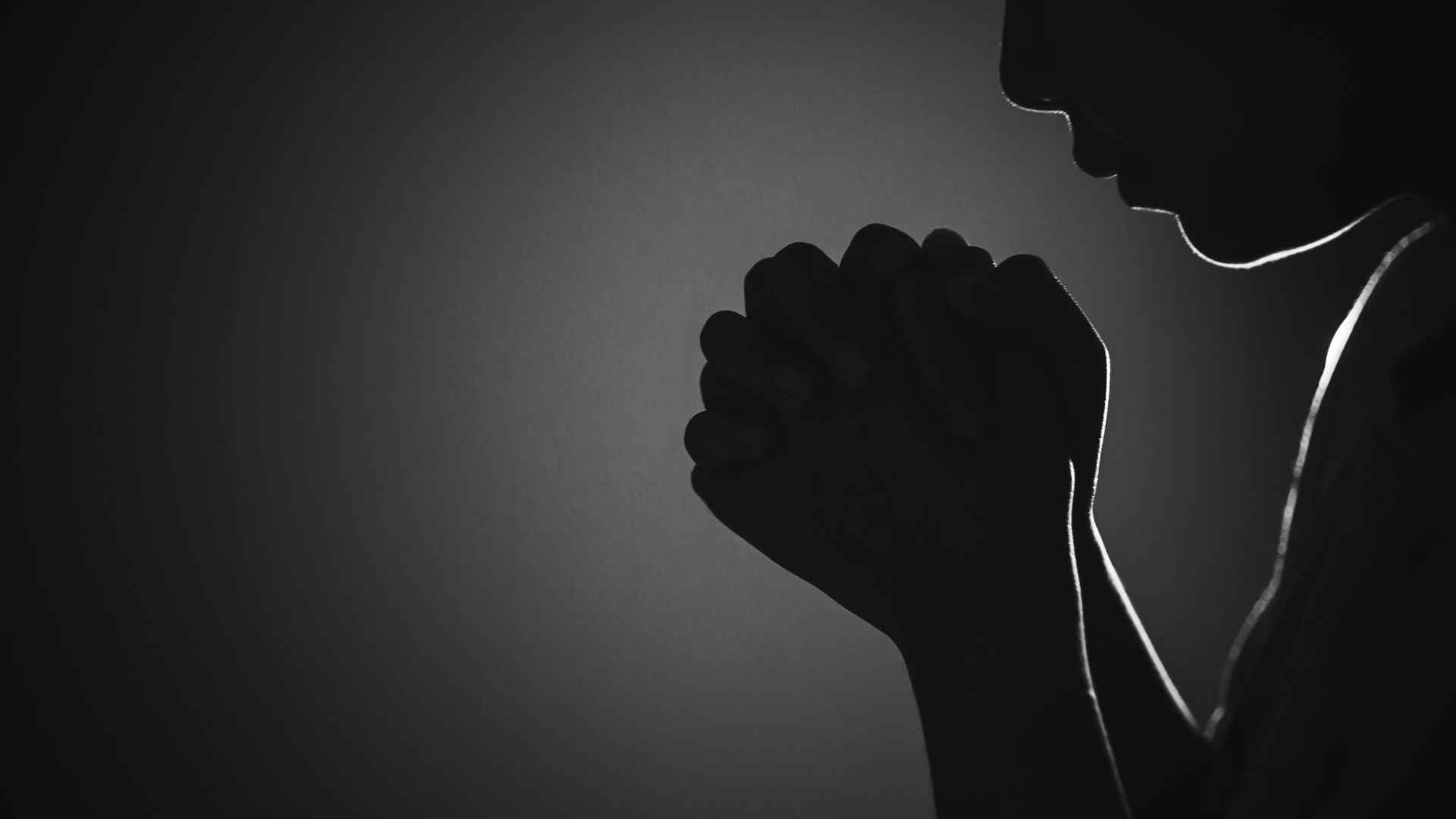Walking Through the Valley
In the journey of life, we all encounter valleys—dark, daunting stretches that seem endless and insurmountable. For those grappling with mental illness, these valleys can feel particularly isolating and overwhelming. Yet, even in the midst of our deepest struggles, there is a glimmer of hope—a light that pierces through the darkness. As Christians, we are called to trust in God’s unfailing love and sovereignty, even when our minds are clouded with doubt and despair.
Mental illness comes in many forms, from depression and anxiety to bipolar disorder and schizophrenia. Regardless of the specific diagnosis, the experience is marked by a profound sense of inner turmoil and anguish—a battle fought not just in the mind, but in the depths of the soul. In Psalm 23:4, we find solace in the words, “Even though I walk through the darkest valley, I will fear no evil, for you are with me; your rod and your staff, they comfort me.” These words resonate deeply with those who feel consumed by the darkness of mental illness, offering reassurance in the midst of fear and uncertainty.
Trusting God in times of mental illness is not always easy. It requires us to confront our deepest fears and insecurities, to relinquish control and surrender to His will. It’s a journey of faith—one that often feels like stumbling blindly through the darkness, unsure of what lies ahead. Yet, even in our moments of doubt and confusion, God remains steadfast, guiding us with His gentle hand and comforting presence.
Prayer becomes our lifeline—a sacred communion with the One who knows us intimately and cares for us deeply. In prayer, we can pour out our hearts, expressing our deepest fears and doubts, knowing that God hears and understands our every word. Even when words fail us, the Holy Spirit intercedes on our behalf, groaning with us in our pain and offering comfort beyond comprehension (Romans 8:26).
Moreover, our faith community plays a crucial role in our journey toward healing. Church is not just a building; it’s a family—a community of believers who come together to support, encourage, and uplift one another. When we share our struggles with our brothers and sisters in Christ, we invite them to walk alongside us, offering prayers, practical help, and a shoulder to lean on.
Seeking professional help and treatment is also an essential aspect of navigating mental illness. Contrary to popular misconceptions, therapy, medication, and other forms of treatment are not incompatible with faith; rather, they are tools that God can use to bring about healing and wholeness in our lives.
As we journey through the valleys of mental illness, let us cling to the promise that God is with us every step of the way. He sees our struggles, He hears our cries, and He offers His comfort and strength to sustain us through the darkest nights and the longest days. May we find peace in knowing that we are not alone in this journey and that God’s love and grace are more than sufficient to carry us through every challenge we face.

